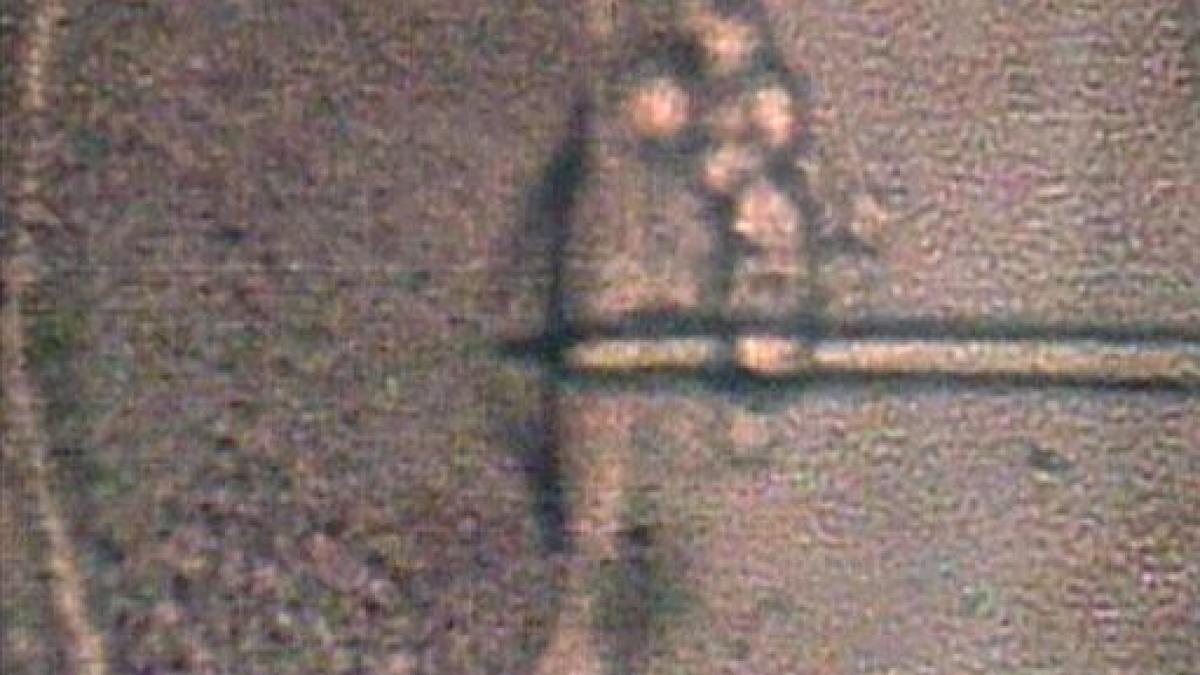Eight healthy babies have been born in the United Kingdom using a groundbreaking new IVF technique involving DNA from three people, offering hope to families with mitochondrial diseases, according to a world-first trial.
Experts at Britain’s Newcastle University and Monash University in Australia published the results of the much-awaited trial on Wednesday in several papers in the New England Journal of Medicine.
These genetic diseases, which affect one in 5,000 births and have no cure, can cause severe symptoms like vision loss and muscle wasting.
The new procedure, approved in the UK in 2015, uses DNA from the mother’s egg, the father’s sperm and a small amount of healthy mitochondrial DNA from a donor’s egg. This has led to the controversial but widely used term “three-parent babies”, though only about 0.1% of the baby’s DNA comes from the donor.
Out of 22 women who underwent the treatment at the Newcastle Fertility Centre in northeast England, eight babies were born. The four boys and four girls now range from less than six months to more than two years old.
For six of the babies, the amount of mutated mitochondrial DNA was reduced by 95-100%, and for the other two, it was reduced by 77-88%, which is below the disease-causing threshold.
The children are currently healthy, although their long-term health will continue to be monitored.
Despite this success, the procedure remains controversial and is not approved in many countries, including the United States and France. Opponents cite ethical concerns, including the destruction of human embryos and fears of creating “designer babies”.
Source: Aljazeera

Leave a Reply